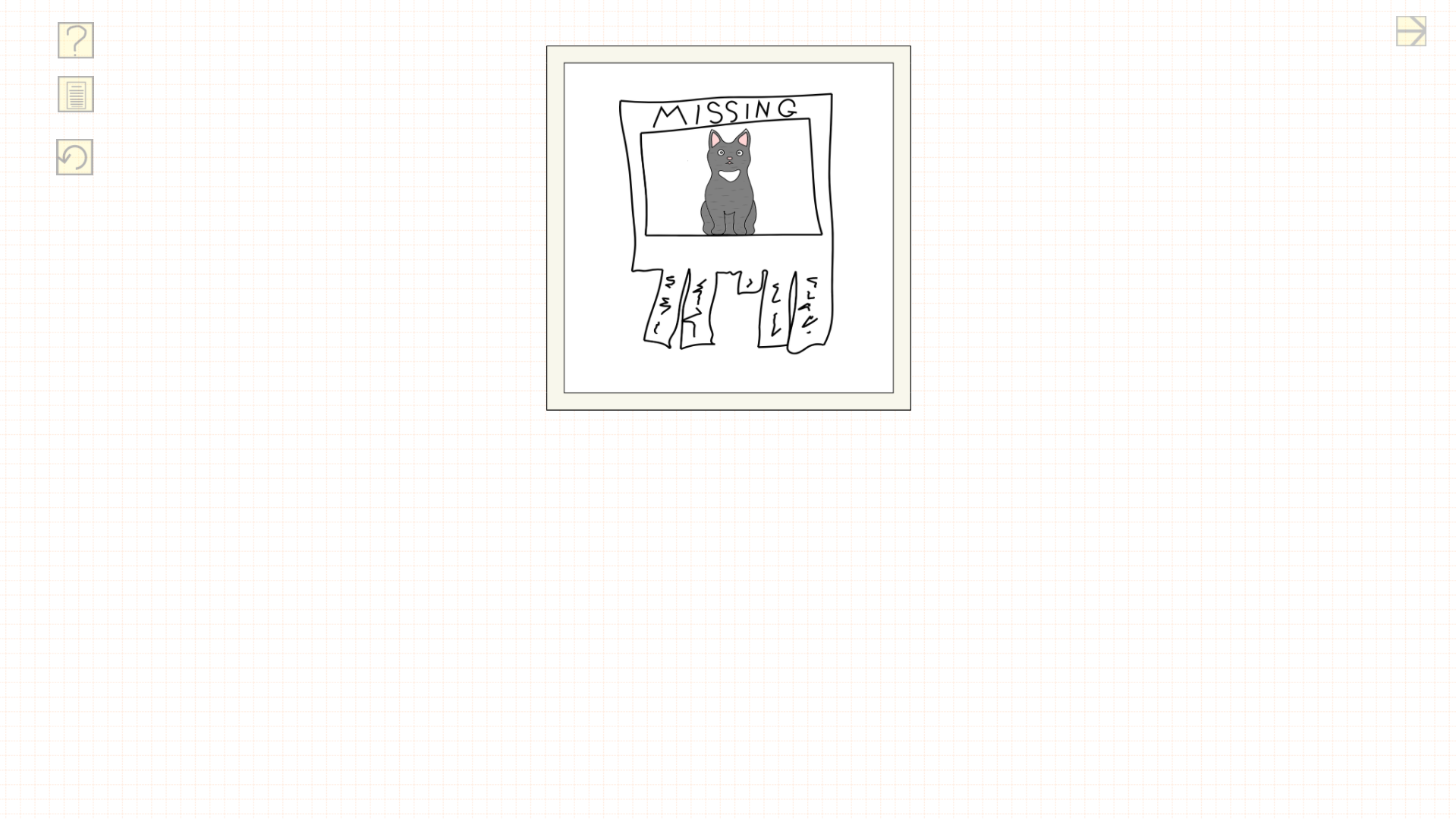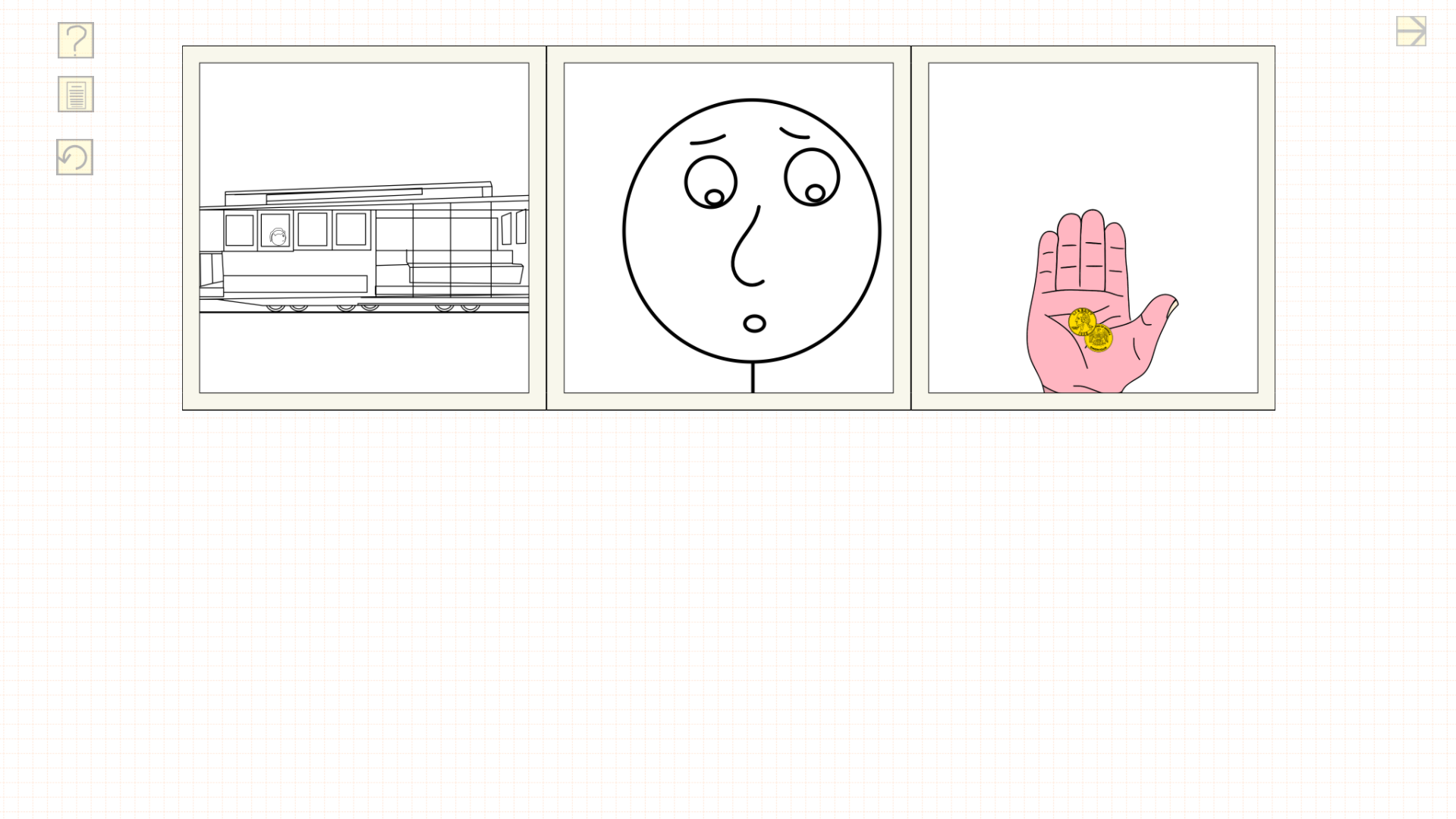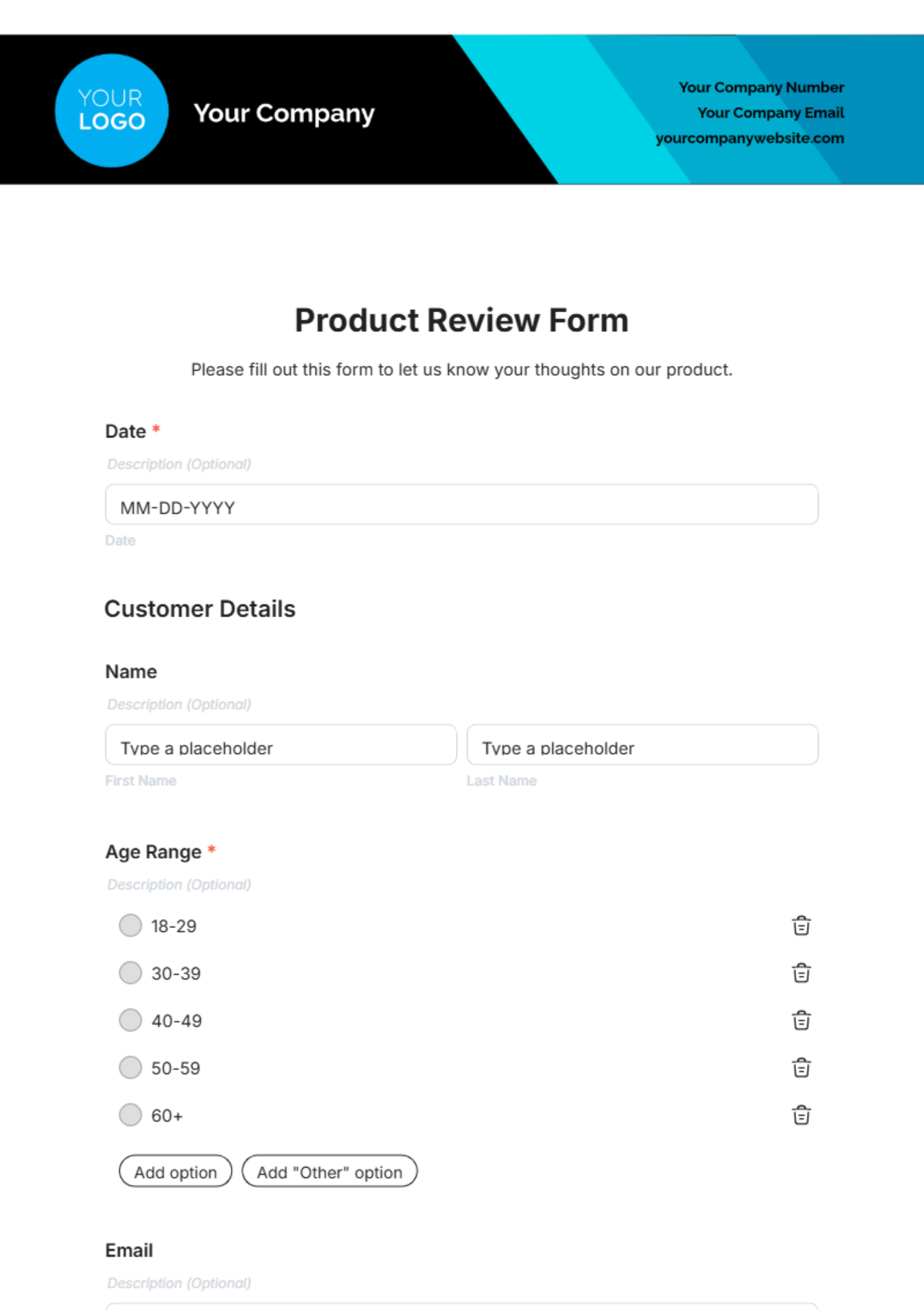What Did You Like Meaning In Urdu Dissociative identity disorder DID formerly known as multiple personality disorder and split personality disorder is a mental health condition where you have two or more separate identities
Dissociative identity disorder DID is a rare condition in which two or more distinct identities or personality states are present in and alternately take control of an individual DID is one of the most misunderstood psychiatric disorders It s important to address misconceptions with solid research to spread understanding and reduce the stigma
What Did You Like Meaning In Urdu

What Did You Like Meaning In Urdu
https://i.ytimg.com/vi/DWvRNSkC3NI/maxresdefault.jpg

How Do You Do Meaning In Urdu Study English Online English To Urdu
https://i.ytimg.com/vi/uouEWrGFsJY/maxresdefault.jpg

9 Ways To Say I Love You In English To Urdu Learn English To Urdu
https://i.ytimg.com/vi/CsVASPTD1DI/maxresdefault.jpg
Dissociative identity disorder DID is a mental health condition where someone feels that they have 2 or more separate personalities or identities or alters Dissociative identity disorder DID used to be called multiple personality disorder Someone diagnosed with DID may feel uncertain about their identity and who they are
Most people with DID have experienced repetitive and severe childhood trauma including physical and sexual abuse emotional neglect and a dysfunctional home environment Dissociative identity disorder DID is a rare mental health condition that is characterized by identity and reality disruption Individuals with DID will exhibit two or more
More picture related to What Did You Like Meaning In Urdu

Like Meaning In Hindi Like Ka Matlab Kya Hota Hai Word Meaning
https://i.ytimg.com/vi/ulKginIMu54/maxresdefault.jpg

King Like Meaning In Urdu King Like Ka Kia Matlab Hota Hai Urdu
https://i.ytimg.com/vi/bZ5S8sA_shA/maxresdefault.jpg

PartsPro
https://quickserve.cummins.com/common/training/68/en/images/q02.jpg
Dissociative Identity Disorder DID is a psychological condition characterized by the presence of two or more distinct identities Written by a GP It s characterized by the presence of two or more dissociated self states that have the ability to take executive control and are associated with some degree of personal amnesia For more
Dissociative Identity Disorder DID also previously known as multiple personality disorder is a mental disorder characterized by at least two distinct and relatively enduring If you are worried you might have DID you can successfully find out by getting evaluated by a professional identifying your symptoms and warning signs understanding the

Encuesta TIMPLISTAS COM
https://static.wixstatic.com/media/83040d_a325ea3d98a0476b980eff3bcfccd513~mv2.png/v1/fit/w_2500,h_1330,al_c/83040d_a325ea3d98a0476b980eff3bcfccd513~mv2.png

Stages Of Love Part 1 The First Step Of Love Nazar 49 OFF
https://i.guim.co.uk/img/media/05a466938908259112196ff73ee54c9218868cf3/0_0_5987_3594/master/5987.jpg?width=1200&height=1200&quality=85&auto=format&fit=crop&s=cbf9e783ee1cde935a20bf0235af2bbb

https://my.clevelandclinic.org › health › diseases
Dissociative identity disorder DID formerly known as multiple personality disorder and split personality disorder is a mental health condition where you have two or more separate identities

https://www.psychologytoday.com › us › conditions › ...
Dissociative identity disorder DID is a rare condition in which two or more distinct identities or personality states are present in and alternately take control of an individual
2024 Senior Survey Trailblazers

Encuesta TIMPLISTAS COM

ANIMARAMA New Demo By Andrngames

ANIMARAMA New Demo By Andrngames

Free Product Review Form Template Edit Online Download Template

7082742 Making Questions With did Estherlee76

7082742 Making Questions With did Estherlee76
Styles Miro Help Center

Kittythedragon On Toyhouse
Command Palette Miro Help Center
What Did You Like Meaning In Urdu - Dissociative identity disorder DID is a mental health condition where someone feels that they have 2 or more separate personalities or identities or alters